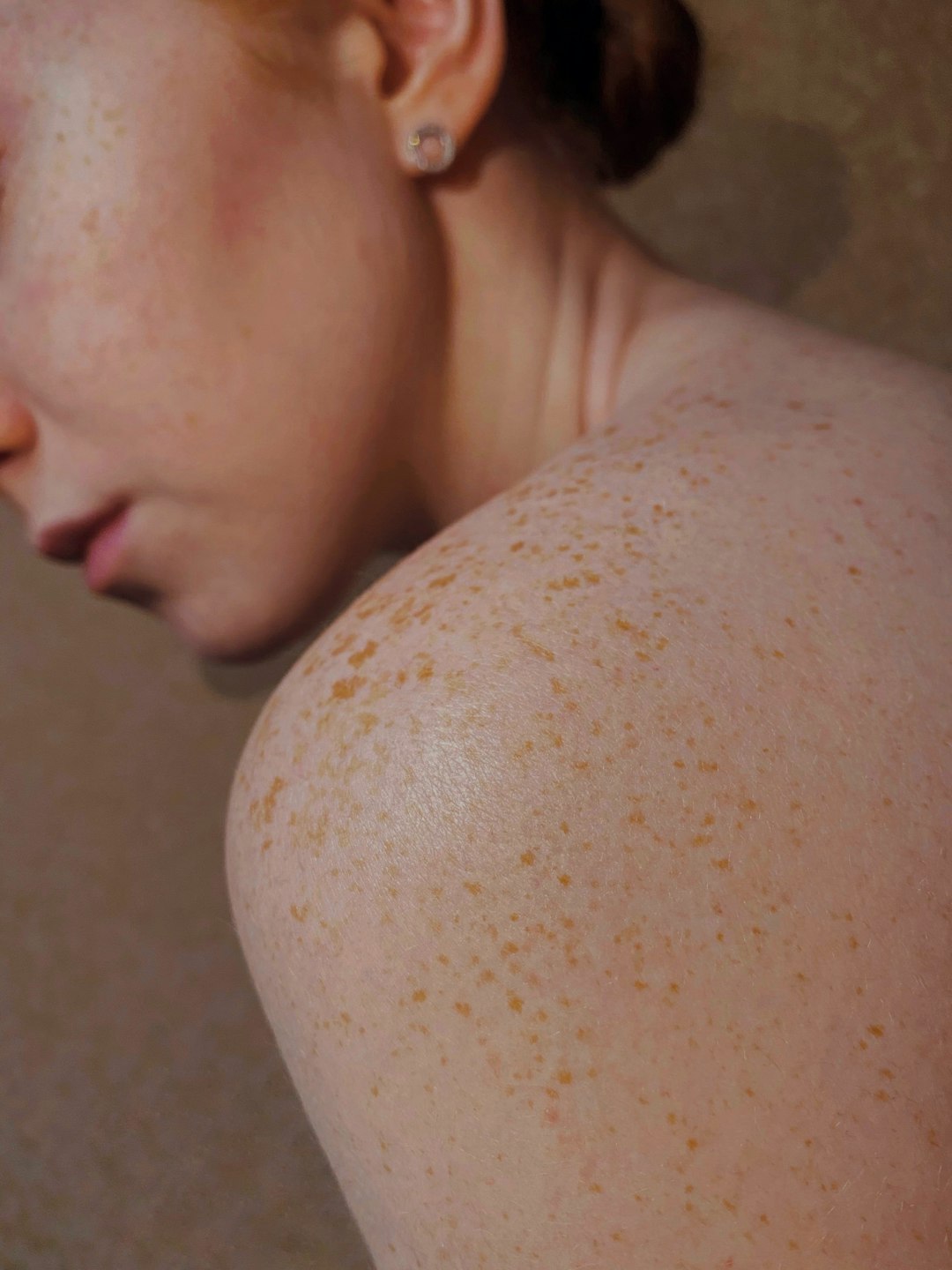- Los Angeles Kava by Kavahana
- Posts
- What is kava dermopathy?
What is kava dermopathy?
And why it may be more beneficial than it sounds.
While kava is already known for its calming, social and anti-anxiety effects, there are other lesser known benefits this plant has in disguise. Kava has a unique relationship with our skin, one that is both intriguing and important for regular kava enthusiasts to understand. It’s an odd one because at first glance the symptoms can seem like a bad thing and even a little scary.
But in classic kava fashion, something that may appear negative is actually a positive. This odd skin side effect is so common that it actually has a name that is well known in the medical world; kava dermopathy.
The history of Kava dermopathy
While the symptoms are new to us, they have been around as long as kava has been. Outside of the pacific islands, there have been more and more reports about kava causing dry, scaly skin especially in regular and heavy users.
These cutaneous effects, those affecting the skin, were first reported by Captain James Cook on his pacific expeditions. He and his crew described kava dermopathy like “the skin looks as if parched by the weather [...] it is mixt with a whiter cast and scales peak of the skin”.
Due to the traditional significance of kava, kava skin was often seen as a sign of privilege and nobility. This is especially true in countries where only tribal leaders, priests and honored guests tended to drink kava. It identified those wealthy enough to spend their days in ceremony and conversation rather than working in the fields or on the sea.
The condition can be reversed by stopping kava use. When this happened, the skin would peel and drop off leaving clear, unblemished, beautiful skin. This is one of the reasons kava has been traditionally used to treat various skin conditions. The exfoliation appeared to cure many skin conditions, however this hasn’t been formally researched.
Kava dermopathy today
While the symptoms of kava dermopathy haven’t changed, the attitude about it has. As with many things new to western culture, there is a lot of skepticism despite the over 3000 year lineage that kava use has.
From a western perspective, this ‘dermopathy’ is seen as negative. As with many unexpected side effects, it’s assumed it’s something that should be avoided. The term pathology means suffering or disease, so even the name gives the condition a certain harmful tone.
In fact, over 1000 study subjects in Fiji participated in a full skin examination and kava dermopathy was a common finding. It’s been reported that about 45% of regular users and 78% of heavy users experience it.
While the trigger and cause of kava dermopathy is still not well understood, there are some current theories.
Allergic response or contact dermatitis from kava
Accumulation of kavalactones of flavopigments
Subtropic reaction, that is it stimulates the creation of sebum, the oily substance used to keep our skin moist
Mast cell activation from the immune system may have a role in producing kava-related skin inflammation.
Related to ichthyoses, which are a group of skin disorders that lead to dry, itchy, scaly skin.
There are a number of case studies highlighting kava dermopathy as well. These identify the different symptoms associated with kava dermopathy and aim to educate about the condition. They mention that individual reports are limited and those that exist are very similar in presentation. There are also several kava forums that discuss the conditions and share experiences emphasizing how common and harmless it is.
Why this is important
Thankfully, many reports on kava dermopathy don’t demonize using kava. They highlight the need for dermatologists and doctors to be aware of this side effect of using kava for when patients present with its symptoms.
For those who enjoy kava, it's good to know that dermopathy is a common result of regular or heavy consumption. If you notice such effects, taking a break from kava can allow your skin to naturally exfoliate and heal. If you want to prevent a recurrence, you should moderate your kava intake. However, as we learned from Captain Cook’s accounts, kava dermopathy may offer more advantages than drawbacks.

Reply